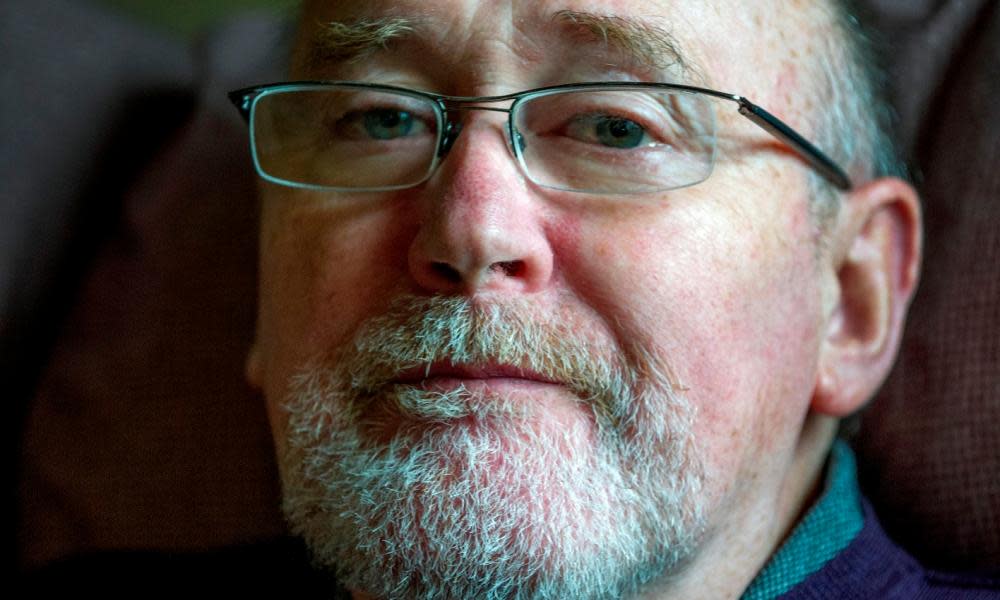Guernsey could be first place in British Isles to allow assisted dying

Guernsey could become the first place in the British Isles to allow assisted dying under proposals expected to be voted on in its parliament in May.
The island’s chief minister, Gavin St Pier, is backing a bill to allow people who are terminally ill, are mentally competent and have less than six months to live, to end their lives with the help of a doctor.
It opens the prospect of people from mainland UK who meet the criteria and want to die travelling to the island to take advantage of the law.
If Guernsey’s parliament passes the bill, it will be subject to an 18-month consultation period, the Mirror reported.
St Pier said: “This is about giving people choice and a sense that they have some control themselves, rather than being frightened, out of control and in the hands of others. That for me is why it is such an important issue.”
His father had a distressing death nine years ago from cardiovascular disease, he told the Mirror. “It was not a comfortable death and it was also not the death that he would have chosen for himself had he had the choice.”
As a British crown dependency, Guernsey is able to set its own laws, but they have to be approved by the privy council, a body of senior Westminster politicians.
In 2015, MPs at Westminster voted against an assisted dying bill by 330 votes to 118. Polls have shown a majority of the public and doctors in favour of a restricted assisted dying law.
Dignity in Dying, which campaigns for a change in the UK law, says about 44 Britons travel each year to Dignitas, a Swiss euthanasia clinic that offers it services to foreigners.
Noel Conway, 68, who has motor neurone disease, has mounted a lawsuit to allow him a “peaceful and dignified death” by taking medication prescribed by a doctor. The court of appeal is expected to hear his case in May.
The Guernsey proposal is based on the “Oregon model”, which is restricted to people with a diagnosed terminal illness. It has been adopted in six US states, including Oregon, plus Canada and the Australian state of Victoria. New Zealand is considering legislation.
The Netherlands, Belgium and Luxembourg have more permissive laws based on applicants’ suffering, and restricted to citizens of those countries. The Netherlands has recently been engulfed with controversy after a 29-year-old woman, Aurelia Brouwers, who had mental illnesses was permitted euthanasia.
Switzerland allows assisted dying on compassionate grounds to residents and non-residents.
A 2002 proposal to change the law in Guernsey was voted down in its parliament.
Dignity in Dying advocates a law based on the Oregon model. “Aurelia Brouwers made her choice in a very different legal context from the one we are campaigning for,” said Tom Davies, its campaigns and communications director.

 Yahoo News
Yahoo News 
